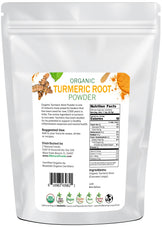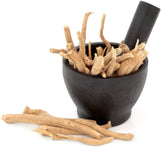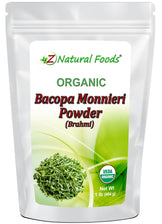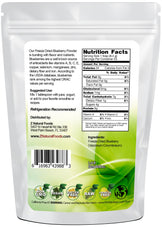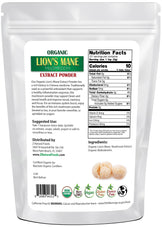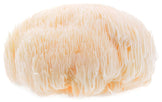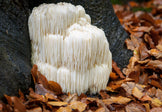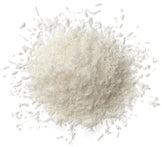Alzheimer's

In Western medical discourse, Alzheimer's disease is classified as a progressive neurodegenerative disorder characterized by brain atrophy and neuronal cell death, leading to a decline in cognitive function, behavior, and functional independence (Querfurth & LaFerla, 2010, New England Journal of Medicine; FDA Guidelines). Conversely, Traditional Chinese Medicine (TCM) posits a multifaceted etiology for Alzheimer's, attributing it to factors such as kidney-spleen deficiency, blood stasis—often associated with disruptions in heart Qi—and phlegm stagnation, which is theorized to compromise lung function and weaken the spleen (Jia et al., 2017, Frontiers in Pharmacology; NIH Research). While Western medicine emphasizes the neurobiological aspects of the condition, TCM provides a holistic perspective that implicates imbalances in multiple organ systems and vital energies as contributory elements (WHO Recommendations; USDA Guidelines). The contrasting frameworks highlight the need for integrated, evidence-based research to enhance our comprehensive understanding of Alzheimer's disease (NIH Clinical Trials).

Categorieswhen you select any items page will be refresh and focus will be move out of the page
Health Concerns
Turmeric Root Powder - Organic
Turmeric, a member of the ginger family, is native to India and one of humankind's oldest spices. It has been used for centurie...
Current price$10.99
Ashwagandha Root Powder - Organic
The name ashwagandha is derived from two Sanskrit words – ‘ashwa’ meaning horse and ‘gandha’ meaning smell. This refers to the ...
Current price$21.99
Cinnamon Powder (Cassia) - Organic
Cassia Cinnamon powder is derived from the inner bark of the cassia tree, which is native to Southeast Asia. It has been used f...
Current price$11.99
Sun Dried White Mulberries - Organic
Organic Sun-dried White Mulberries have been enjoyed for centuries. They are native to Western and Central Asia and have been u...
Current price$13.99
Mangosteen Fruit Powder - Organic
Mangosteen is a tropical fruit native to Southeast Asia known for its sweet and tangy flesh. It has been used for its medicina...
Current price$32.99
Bacopa Monnieri (Brahmi) Powder - Org...
Bacopa monnieri, also known as Brahmi, is an herb used in the traditional Ayurvedic system for thousands of years. It is native...
Current price$14.99
Blueberry Powder - Freeze Dried
Z Natural Food believes the combination of tradition and science is a match made in heaven. These are the principle fundamenta...
Current price$39.99
Gotu Kola Powder - Organic
Gotu kola, also known as Centella Asiatica, is a perennial herb native to India, China, Indonesia, South Africa, and other part...
Current price$24.99
Lion's Mane Mushroom Extract Powder -...
While all mushrooms have certain nutritive qualities in common, they also have unique attributes, allowing them to potentially ...
Current price$34.99
Blueberry Juice Powder - Organic
Z Natural Food believes the combination of tradition and science is a match made in heaven. These are the principle fundamenta...
Current price$22.99
Coconut - Shredded, Raw Organic
Shredded coconut, also known as desiccated coconut, is made from the white flesh of mature coconuts. It is created by removing ...
Current price$7.99
Green Tea (Loose) - Organic
Green tea is an ancient beverage and originates in China. It is believed that it was first brewed around 2737 BC. The tea was i...
Current price$9.99
Feel Better. Look Better. Be Better.
Get on the list for actionable Health & Nutrition advice every week.




